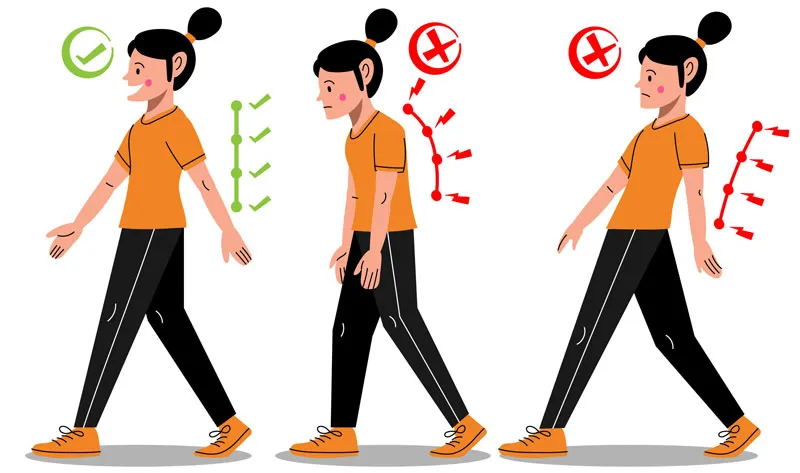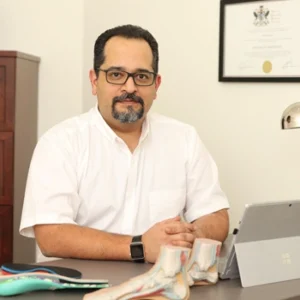Osteopathic practitioners and manual therapists are healthcare professionals who dedicate their careers to helping others alleviate pain and improve their quality of life. They spend hours each day working with patients, using their hands to manipulate and adjust their bodies. But, as important as their work is, it can be physically demanding and put a strain on their own bodies. That’s why it’s critical for these practitioners to maintain good posture, not only to extend their careers, but also to improve their own quality of life.
Why Good Posture Matters:
Good posture helps to reduce the strain and stress on the spine, neck, and other joints. It allows for the distribution of body weight evenly and minimizes the risk of injury. This is especially important for manual therapists who spend the majority of their workday in physically demanding positions, such as bending, reaching, and twisting. Over time, improper posture can lead to chronic pain, headaches, and other physical problems, which can limit their ability to perform their work effectively and ultimately shorten their careers.
How to Maintain Good Posture:
- Stand Tall: Stand up straight and keep your shoulders back. Your neck should be in line with your spine and your head should be facing forward.
- Use Proper Body Mechanics: When lifting heavy objects, bend at the knees instead of the waist. This will help to distribute the weight evenly and reduce the strain on your back.
- Take Regular Breaks: Take regular breaks throughout the day to stretch and move your body. This will help to prevent stiffness and promote good posture.
- Use Proper Workstation Setup: Make sure that your workstation is set up correctly to minimize strain on your neck, back, and eyes. Ensure that your computer screen is at the correct height and that your keyboard and mouse are within easy reach.
- Strengthen Your Core: A strong core will help you maintain good posture and reduce the risk of injury. Engage in regular exercises that target your core, such as yoga, Pilates, or core strengthening exercises.
In conclusion, good posture is an essential aspect of a manual therapist’s career, as it helps to extend their careers, reduce the risk of injury, and improve their quality of life. By following these tips, practitioners can maintain good posture and continue to provide the highest quality of care to their patients.





